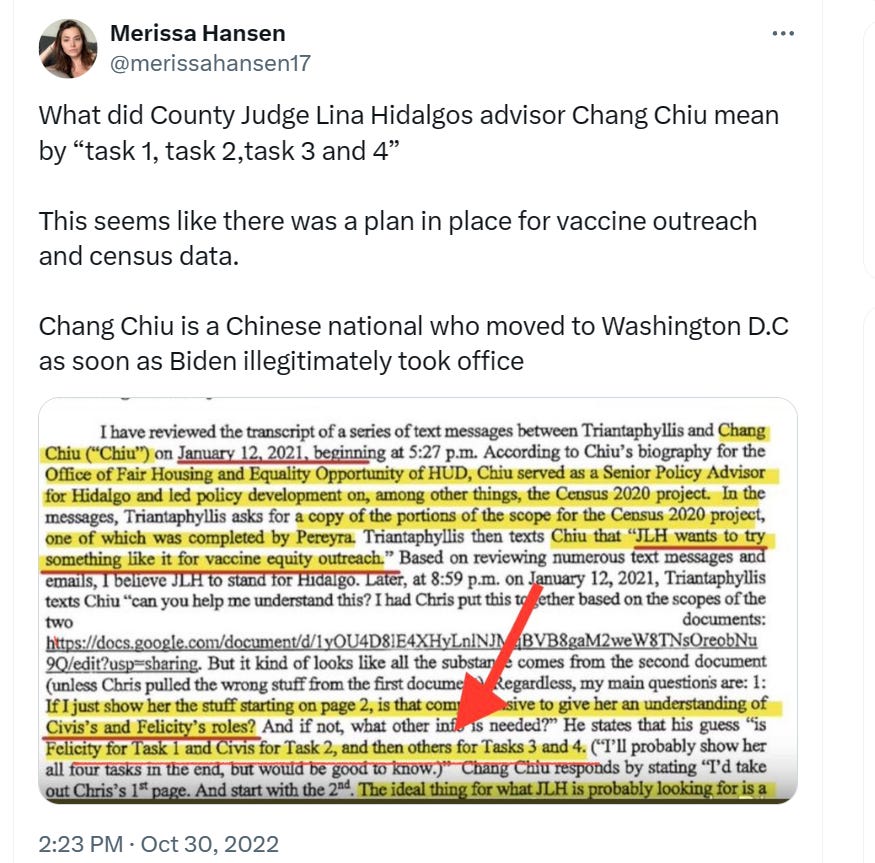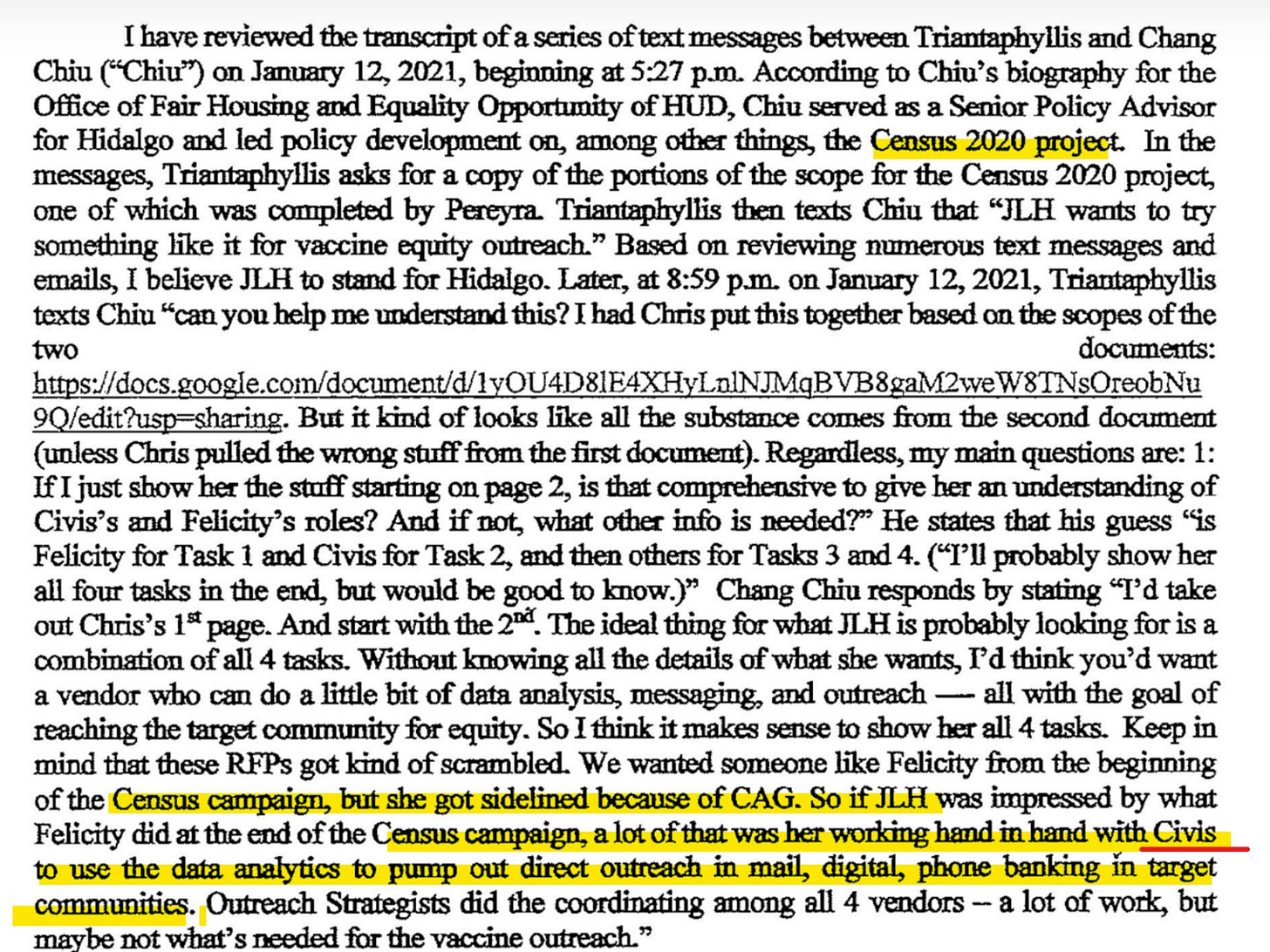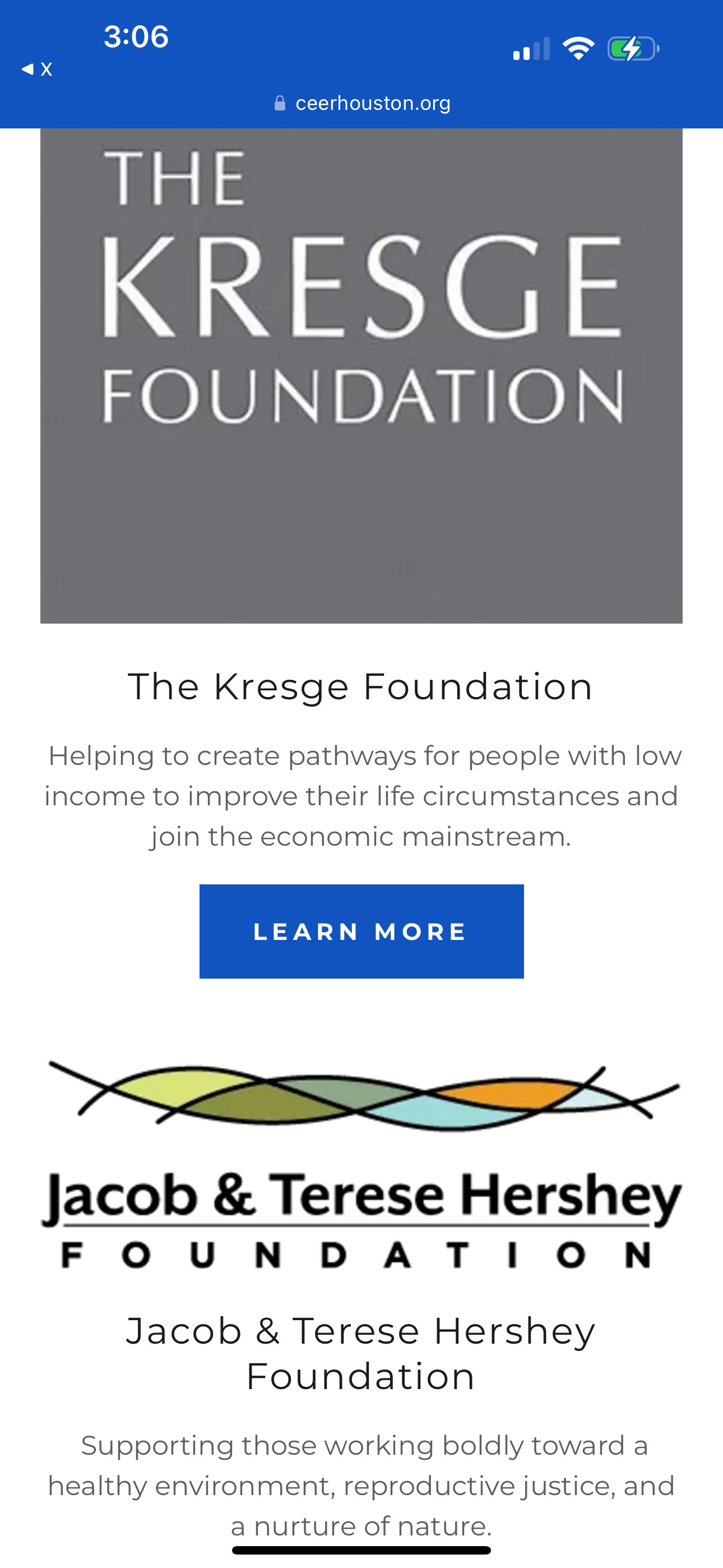Harris County FLOOD BOND EQUITY
In 2018, the Harris County Flood Control District (HCFCD) announced a $2.5 billion bond for building flood resilience, the largest bond ever dedicated to funding flood projects.
In response, CEER and partners organized stakeholders to call for the passage of the Harris Thrives Resolution, which both mandated that HCFCD allocate bond funding equitably, according to the CDC’s Social Vulnerability Index, and takes a holistic approach that incorporates nature-based solutions. The Harris Thrives Resolution passed on the 2nd anniversary of Harvey calls for the re-imagination of an equity-focused HCFCD Community Flood Resilience Task Force to hold HCFCD accountable.
While Harris County has had a Community Task Force since 1972, it has been staffed solely with technical experts. The Task Force had never taken advantage of the *DIVERSE ‘Expertise’ of Harris County—from public health to SOCIAL JUSTICE to community knowledge—nor delivered constituents the necessary flood protection they deserve*. The main purpose of the Community Task Force is to be an advisory and accountability body made up of impacted community members, local leaders, experts from a diverse set of sectors and staff from City and County departments. The Task Force will create new tools and methods that ensure those historically left behind get real results and real protection from floods.
March 9, 2021
—
FROM THE CEER WEBSITE
GUEST SPEAKER CHANG CHIU WHO MOVED TO HUD RIGHT AFTER JOE BIDEN ‘WON’ THE ELECTION.
CHANG WAS INVOLVED WITH ELECTION, CENSUS 2020, AND FLOOD RISK MITIGATION.
Below you can see the Rangers e-mails between Hidalgo’s former Chief of Staff Triantaphyllis and CHANG CHIU
The Guest for CEER was CHANG CHIU former Senior Policy Advisor for County Judge Lina Hidalgo. This might explain why we have had so many issues with the constant change of language with our FLOOD BONDS:
This guest post was authored by Iris Gonzalez, CEER Coalition Director, and founding member of Harris County Flood Control District’s Community Flood Resilience Task Force.
The Coalition for Environment, Equity, and Resilience (CEER) is a Houston-based environmental justice organization that advocates for investment in flood and other hazard mitigation to protect communities in the greater Houston region. As CEER’s Coalition Director, Iris Gonzalez leads CEER’s strategy, oversees advocacy and community organizing efforts, manages government affairs and fund development, and facilitates collaborative relationship building, training, and power building. In September 2020, CEER was selected as one of American Flood Coalition’s 2020 Flooding Solutions Grantees. CEER envisions a Houston region that is equitable, sustainable, and strong where residents can live free from environmental hazards. Since its inception in the wake of Hurricane Harvey, CEER has focused on flooding as a core part of its work. CEER’s AFC-funded project also includes CEER members Bayou City Waterkeeper, Texas Appleseed, Texas Southern University and the HOME Coalition, a sister organization CEER works with.
In the face of flooding, we’re all at risk, but marginalized communities are disproportionately affected. As Houston has learned after recurring disasters, floods don’t discriminate, but recovery does. To build long-term, effective resilience, the most impacted communities must be central to decision-making processes. Enter: the Harris County Flood Control District’s Community Flood Resilience Task Force. With a focus on equity in disaster preparedness and response, the Task Force will elevate the voices of community members and ensure that the County takes a need-based approach that prioritizes the folks who have been at the back of the line for far too long. In this post, we’re exploring how this Task Force is being set up to build equity-centered flood resilience across the Houston region.
Starting the Community Flood Resilience Task Force project
Since Hurricane Harvey in 2017, Harris County has grappled with its extraordinary flood risk, which disproportionately affects low-income communities and communities of color. In 2018, the Harris County Flood Control District (HCFCD) announced a $2.5 billion bond for building flood resilience, the largest bond ever dedicated to funding flood projects. In response, CEER and partners organized stakeholders to call for the passage of the Harris Thrives Resolution, which both mandated that HCFCD allocate bond funding equitably, according to the CDC’s Social Vulnerability Index, and created an equity-focused HCFCD Community Flood Resilience Task Force to hold HCFCD accountable. While Harris County has had a Community Task Force since 1972, it has been staffed solely with technical experts. The Task Force had never taken advantage of the diverse expertise of Harris County—from public health to social justice to community knowledge—nor delivered constituents the necessary flood protection they deserve.
CEER’s grant-funded project for 2020–2021 supports the re-imagining and staffing of the Community Task Force. To achieve this goal, the Task Force will incorporate community members into its body and restructure its objectives and processes to establish an equitable approach to flood resilience planning for Harris County. The project involves selecting 17 members who will meet regularly to influence Harris County’s flood-related policies and investments. The members will also draft an equity scorecard or other tools to evaluate the equitable implementation of policies and investments, as well as a report that summarizes key findings and areas for improvement. Throughout the process, AFC will help bring best practices from this project to other parts of the country and to state and federal audiences. This is a new day for Harris County to address decades of disinvestment and take on a new approach that centers those who have been left behind.
Since its inception, the Community Task Force has come to life. In October 2020, Harris County nominated five founding members—including me. The City of Houston appointed a sixth member, and the founding members facilitated an application process to select the remaining 11 for a total of 17 (read about them here). In April, the Community Task Force is set to have its first meeting, which will be led by an experienced facilitator.
Harris County Community Flood Resilience Task Force members
60% of members either live in or work closely with flood-prone, low-income communities of color. The majority have been personally impacted by flooding.
Six members are Latinx, six are White, four are Black, one is Asian, and one is Native American, reflecting the diversity of Harris County, which is 44% Latinx, 29% White, 20% Black, 6% Asian, and 1% Native American.
11 members are equity and social justice experts, seven are technical flood risk experts, four are engineering experts, and four are environment and sustainability experts. Additional knowledge areas are also present in the group, offering invaluable and overlapping expertise.
The Community Task Force facilitator, Hollaway Environmental + Communications, ran the community engagement process that led to the passage of the $2.5 billion flood resilience bond.
Helping create this Community Task Force during the COVID-19 pandemic and the 2020 hurricane season was incredibly challenging and rewarding. We’re pleased to share some insights applicable to any city, county, or nonprofit that seeks to bring community voices into the resilience planning process and prioritize equitable outcomes for its stakeholders.
Best practices for embedding equity and community voices into a flood adaptation Task Force
Define and publish equity priorities. The five founding members defined equity together, wrote guiding values (including diverse collaboration, inclusive community engagement, and more), and published their equity definition and values on a website to reach a greater population, setting the stage for transparent, equity-centered action.
Make participation accessible. The application was provided in multiple languages, digital and in print, and open to people who have never served in a government entity before. Because community is hungry to be included in decision-making, the founding members received 10 times more applications than they had open spots.
Select for interest in advancing equity, plus diversity of experience. The founding members selected members with “a demonstrated interest in and commitment to serving the community;” diverse professional backgrounds including housing, social justice, and engineering; and diverse demographics to craft a Community Task Force that “represent[s] the geographic, gender, age, racial, and ethnic diversity of Harris County.” The goal is to solve at the intersection of multiple issues, not see flooding within a vacuum.
Prioritize communication with an experienced facilitator. The right facilitator is key to making an effective and high-functioning Task Force. The founding members and Harris County hired a facilitator that is woman owned, brought on a diverse team that included a language interpretation firm, and led community engagement around the bond. Taken together, these traits and strategies reinforced the emphasis on inclusive communication and community engagement context and experience.
CEERS MEMBERS
FUNDERS



















"In the face of flooding, we’re all at risk, but marginalized communities are disproportionately affected. As Houston has learned after recurring disasters, floods don’t discriminate, but recovery does. "
Curious, yet unsurprising that they never explicitly lay out exactly *how* this has been true.
Is this intended as satire? Because it reads like the Babylon Bee.